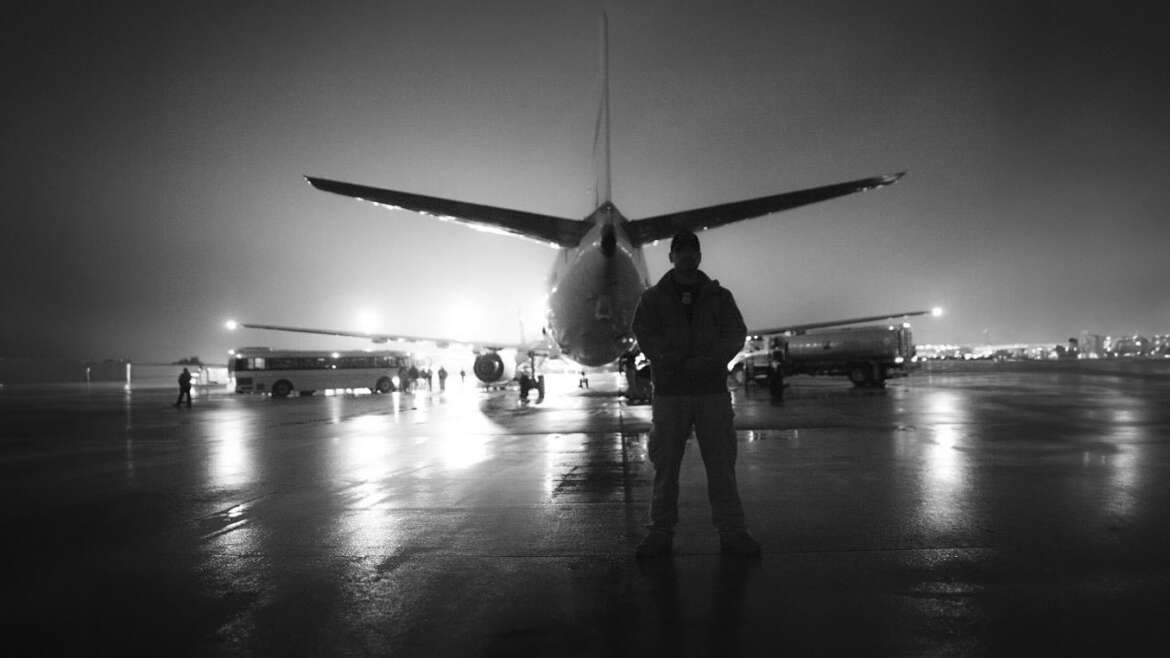Air security contractors are private companies that provide a range of specialized security services related to aviation. Their primary role is to enhance the safety and security of air travel, airports, and associated assets. The services provided can span from airport security management to protecting aircraft, air cargo, and personnel from various threats such as terrorism, hijacking, and smuggling. Below are some specific roles and functions of air security contractors:
1. Airport Security Management
•Conducting security operations at airports, including passenger screening, baggage inspection, and access control.
•Managing security checkpoints, using technologies like metal detectors, X-ray scanners, and explosive detection systems to screen for prohibited items.
2. In-Flight Security
•Providing air marshals or armed security personnel to travel on flights to prevent hijackings and respond to onboard security incidents.
•Training flight crews on handling disruptive passengers, terrorist threats, or other emergencies that may arise during flights.
3. Aircraft Security
•Ensuring that aircraft are physically secure when parked at airports, protecting them from tampering, vandalism, or sabotage.
•Conducting pre-flight and post-flight inspections to detect unauthorized access or suspicious items on the aircraft.
4. Cargo and Freight Security
•Securing air cargo and freight against theft, tampering, or smuggling.
•Screening cargo for contraband, explosives, or other prohibited materials before it is loaded onto aircraft.
5. Aviation Security Training
•Offering specialized training programs for airport security personnel, pilots, flight attendants, and ground staff.
•Training topics can include emergency response, anti-terrorism tactics, recognizing suspicious behavior, and handling hazardous materials.
6. Risk Assessment and Security Consultancy
•Conducting risk assessments for airlines, airports, or other aviation-related entities to identify potential security vulnerabilities.
•Advising on the implementation of security policies, emergency plans, and compliance with aviation security regulations.
7. Cybersecurity for Aviation
•Protecting aviation-related digital infrastructure from cyber threats, including airline booking systems, air traffic control, and airport networks.
•Implementing measures to safeguard sensitive information and ensure the continuity of critical systems.
8. Counter-Terrorism and Threat Mitigation
•Working with government agencies, airlines, and airport authorities to implement counter-terrorism measures.
•Offering specialized teams capable of handling bomb threats, active shooter scenarios, or other high-risk situations.
9. Escort and Transportation Security
•Providing armed escorts for high-value cargo, sensitive materials, or VIPs traveling by air.
•Securing the transportation of diplomatic bags, classified documents, or other sensitive shipments.
Regulatory and Compliance Considerations
•Air security contractors must comply with national and international aviation security regulations, such as those set by the International Civil Aviation Organization (ICAO), the Transportation Security Administration (TSA), and other civil aviation authorities.
•Contractors may also need to follow specific airport security programs, including the Airport Security Plan (ASP) and Aircraft Operator Standard Security Program (AOSSP).

